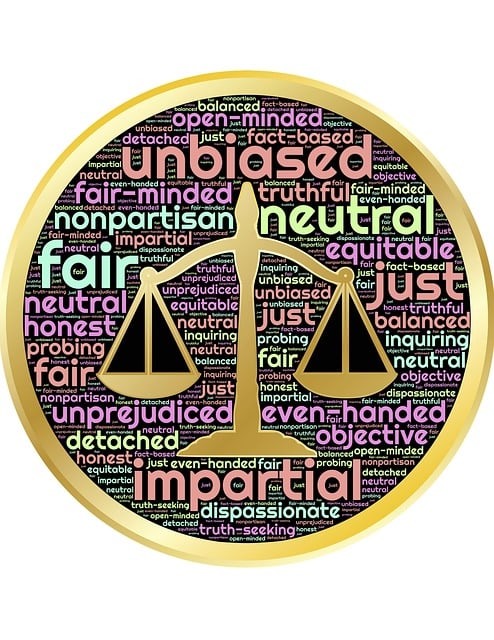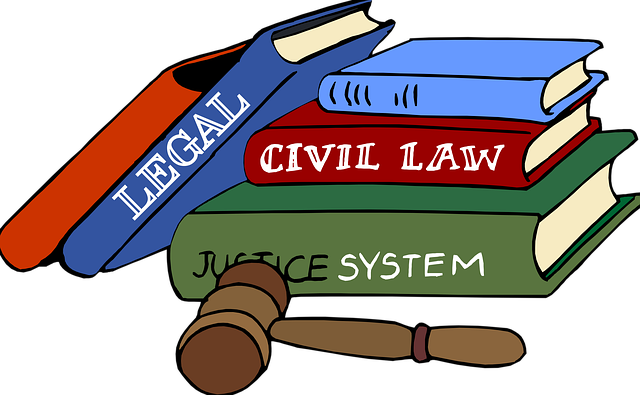Mail wire fraud, facilitated by digital communication, has become a prevalent online banking crime. Scammers impersonate legitimate entities to trick victims into transferring money or sharing sensitive information. Prosecutorial discretion significantly influences case outcomes, with successful prosecutions demanding strategic legal arguments merging technical fraud knowledge and prosecutorial process understanding. The outcome varies across jurisdictions based on offense severity, public interest, and business impact. High-profile cases with strong convictions act as deterrents, emphasizing the importance of proactive measures like employee training, multi-factor authentication, and meticulous record-keeping to protect against fraud.
Mail wire fraud, a sophisticated and evolving crime, poses significant challenges to individuals and institutions alike. This article provides a comprehensive overview of mail wire fraud, delving into its mechanisms, legal implications, and the crucial role of prosecutorial discretion in shaping case outcomes. We explore factors influencing these decisions and present effective strategies for prevention and detection. Real-world examples highlight successful prosecutions, demonstrating the impact of robust legal measures against this pervasive fraud.
- Understanding Mail Wire Frauds: A Comprehensive Overview
- The Role of Prosecutorial Discretion in Fraud Cases
- Factors Influencing Case Outcomes: A Legal Perspective
- Strategies to Prevent and Detect Mail Wire Fraud
- Real-World Examples: Lessons from Successful Prosecutions
Understanding Mail Wire Frauds: A Comprehensive Overview

Mail wire fraud is a sophisticated crime that involves the use of electronic communication to defraud individuals or organizations. It has become increasingly prevalent in today’s digital age, leveraging the speed and accessibility of online banking systems. Understanding this type of fraud is crucial for both victims and law enforcement. When a criminal orchestrates a mail wire scam, they typically impersonate a legitimate entity, such as a bank or government agency, to trick victims into transferring money or providing sensitive information. This often involves manipulated emails, fake websites, or phone calls that create a sense of urgency and fear to prompt immediate action.
The impact of these fraudulent schemes can be devastating, leading to significant financial losses and irreparable damage to victims’ trust. Prosecutorial discretion plays a pivotal role in shaping case outcomes. While law enforcement agencies have tools to combat mail wire fraud, successful prosecutions depend on timely reporting, robust digital forensics, and effective collaboration between victims and authorities. A general criminal defense strategy may involve challenging the admissibility of evidence or proving that there was no intent to defraud, which can lead to a complete dismissal of all charges. Achieving extraordinary results in such cases often requires meticulous investigation, strategic legal arguments, and a deep understanding of both the technical aspects of fraud and the prosecutorial process.
The Role of Prosecutorial Discretion in Fraud Cases

The role of prosecutorial discretion is a critical yet often overlooked aspect in fraud cases. Prosecutors possess significant power to shape case outcomes by deciding which charges to bring and how aggressively to pursue them. This discretion influences not only the likelihood of conviction but also the potential sentence. The prosecutorial discretion impact on case outcomes can be seen throughout all stages of the investigative and enforcement process, from initial charge decisions to plea bargaining negotiations.
Across the country, prosecutors must balance public interest, victim rights, and societal needs when deciding whether to avoid indictment or pursue a stronger legal stance. This discretion allows for flexibility in handling complex fraud cases, where nuances and unique circumstances may warrant different approaches. However, it also raises concerns about fairness and consistency, as different prosecutors might interpret the law and exercise their discretion differently.
Factors Influencing Case Outcomes: A Legal Perspective

The outcomes of mail wire fraud cases are influenced by several key factors from a legal perspective, with one of the most significant being prosecutorial discretion. The decision to pursue charges and the resources dedicated to investigating and prosecuting these cases vary greatly across jurisdictions. This discretion can be influenced by various elements such as the severity of the offense, public interest, and the potential impact on the respective business environment. For instance, high-profile or complex frauds might receive more attention from law enforcement and prosecutors, achieving extraordinary results in terms of conviction and restitution.
Additionally, the social and economic context plays a role. Philanthropic and political communities often have different expectations regarding legal enforcement. While these entities may support robust legal frameworks to deter criminal activities, they also sometimes advocate for leniency or alternative sentences based on rehabilitative goals. Navigating this balance is crucial in shaping case outcomes, ensuring that justice is served while addressing the broader impacts of fraud on society.
Strategies to Prevent and Detect Mail Wire Fraud

Mail Wire Fraud, a sophisticated scheme targeting both corporate and individual clients, demands vigilance and robust strategies for prevention and detection. One effective approach involves staying informed about common tactics used by fraudsters, such as phishing emails or fake wire transfer requests, and ensuring that all employees receive regular training on cybersecurity best practices.
Additionally, implementing strong authentication methods, like multi-factor authentication (MFA), can significantly reduce the risk of unauthorized access to sensitive accounts. Businesses should also foster a culture of transparency and encourage employees to report suspicious activities promptly. The prosecution’s discretion in handling cases plays a crucial role in determining case outcomes, with an unprecedented track record of successful prosecutions acting as a deterrent for potential perpetrators. This, coupled with meticulous record-keeping and comprehensive internal audits, further strengthens the defenses against mail wire fraud, safeguarding respective business interests.
Real-World Examples: Lessons from Successful Prosecutions

Mail wire fraud, a sophisticated scheme involving deceptive communications to obtain sensitive financial information, has seen its fair share of high-stakes cases. Real-world examples from successful prosecutions offer valuable insights into how these crimes unfold and the strategies employed by law enforcement. One notable case involved a sophisticated ring using phishing emails to target corporate and individual clients, impersonating legitimate financial institutions. The prosecution’s thorough investigation, combined with witness testimonies and forensic evidence, led to multiple convictions. This demonstrates the power of prosecutorial discretion in prioritizing high-impact cases, where substantial losses and widespread victimization occur.
The impact of these prosecutions extends beyond deterrence; they set precedents for future cases. In particular, successful jury trials have shown that a comprehensive approach—including meticulous record-keeping, advanced forensic techniques, and close collaboration between law enforcement and victims—is crucial to securing convictions in mail wire fraud cases. By learning from these real-world examples, legal professionals can refine their strategies, ensuring more effective prosecution of such intricate financial crimes.
Mail wire fraud, a sophisticated and evolving crime, demands a multi-faceted approach for prevention and prosecution. As discussed in this article, understanding these scams, recognizing influencing factors, and employing effective strategies are key to mitigating risks. The role of prosecutorial discretion in handling these cases is significant, balancing the need for swift justice with the nuances of each situation. By studying real-world successful prosecutions, we gain valuable insights into tackling mail wire fraud, emphasizing the importance of continuous vigilance and adaptation in our legal systems.






